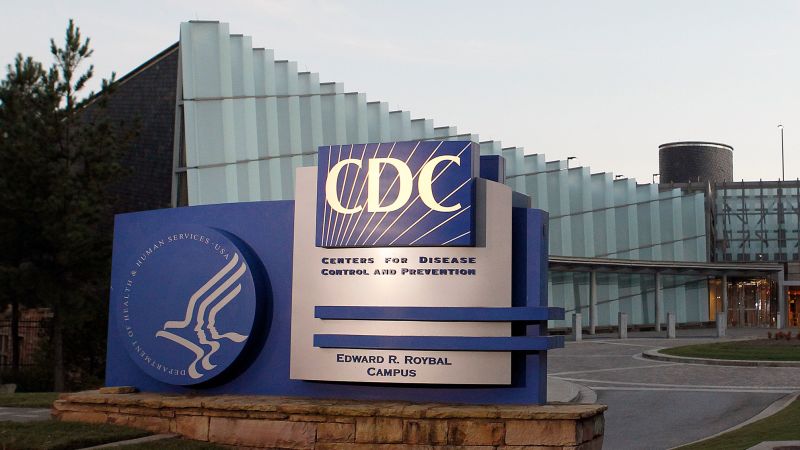
ATLANTA – A presentation intended for the CDC’s vaccine advisory panel cites a study that appears nonexistent, raising questions about the credibility of the claims regarding a vaccine preservative.
Breaking: Controversial Citation in CDC Presentation
A scheduled presentation for the US Centers for Disease Control and Prevention’s (CDC) Advisory Committee on Immunization Practices has come under scrutiny. The presentation, set for this Thursday, claims that a study in animals suggests the vaccine preservative thimerosal can have “long-term consequences in the brain.” However, the study in question does not appear to exist.
Immediate Impact
The presentation was to be delivered by Lyn Redwood, a former leader of Children’s Health Defense, an anti-vaccine group associated with US Health and Human Services Secretary Robert F. Kennedy Jr. The slides, posted online earlier this week, cite a supposed 2008 study in the journal Neurotoxicology by “Berman RF, et al.”
“I don’t have a publication in Neurotoxicology by that title,” Dr. Robert F. Berman told CNN.
Key Details Emerge
Dr. Robert F. Berman, a professor emeritus at the University of California Davis, whose research focuses on brain injury and neurodevelopmental disorders, has refuted the citation. He confirmed publishing a paper with a similar title in 2008, but in a different journal and with different findings.
“My study was published in Toxicological Sciences and did not find evidence of thimerosal exposure at vaccine levels in mouse behaviors relevant to autism,” Berman stated. He expressed concern over the misrepresentation of his work in Redwood’s slides.
Industry Response
The citation was first questioned by Dr. David Boulware, an infectious diseases professor at the University of Minnesota. He noted the strong conclusions in the presentation and sought to verify the study, only to find no such citation existed.
Neither Redwood nor the Department of Health and Human Services (HHS) immediately responded to requests for comment.
Background Context
The controversy surrounding thimerosal, a mercury-containing preservative, is not new. It was removed from most vaccines over two decades ago as a precautionary measure. Despite extensive research showing no link between thimerosal and neurodevelopmental disorders, it remains a point of contention for some vaccine critics.
Redwood has publicly stated her belief that thimerosal in pediatric vaccines contributed to her son’s autism, a claim not supported by scientific evidence.
Expert Analysis
The inclusion of this topic in the CDC’s advisory agenda has alarmed public health experts. It follows Kennedy’s recent dismissal of 17 previous vaccine panel experts, citing conflicts of interest, and their replacement with eight new members.
Senator Bill Cassidy has called for the meeting to be postponed until a more balanced panel is established.
What Comes Next
As the CDC navigates these developments, the agency must address the credibility and accuracy of information presented in its advisory meetings. The situation underscores the ongoing challenge of ensuring public trust in vaccine safety and efficacy.
The presentation’s removal from the CDC website and its subsequent revision reflect an immediate response to the inaccuracies. However, the broader implications for public health messaging and policy remain significant.
Moving forward, the CDC and associated bodies will need to ensure rigorous vetting of information to prevent similar incidents and maintain the integrity of public health communications.






